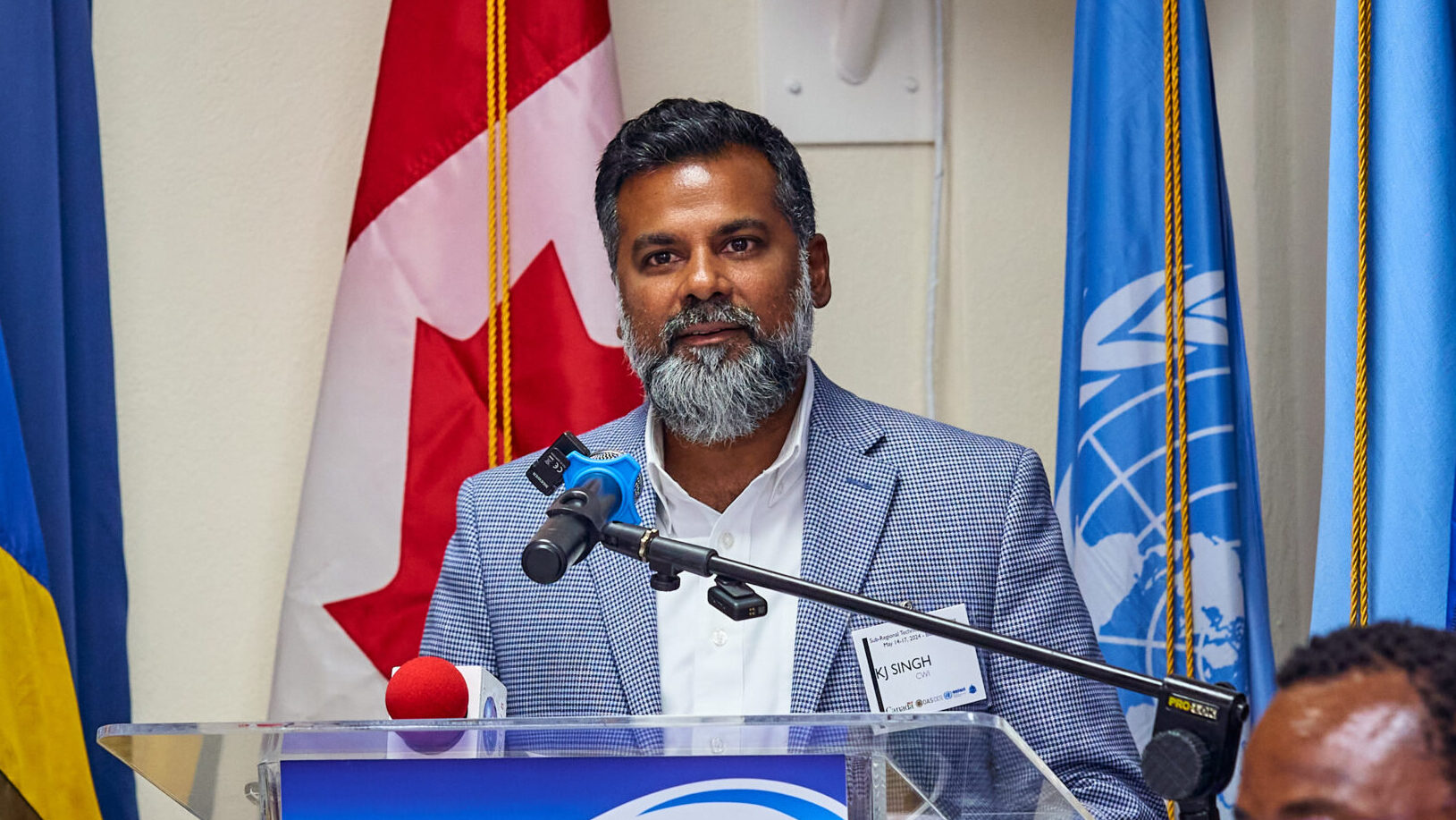Enhancing Security Coordination for ICC Men’s T20 World Cup in the Caribbean: Experts Meet to Ensure Safety

May 15, 2024
Regional security specialists convene to enhance safety at the upcoming ICC Men’s T20 World Cup in the Caribbean amid concerns of security threats. Coordination includes cybersecurity, counter-terrorism measures, and crisis planning.
Regional security specialists began meeting here on Tuesday to make this year’s ICC Men’s T20 World Cup one of the safest sporting events in the Caribbean.
The experts gathered to finalise planning for next month’s tournament at a Sub-regional Technical Expert Meeting on ‘Enhancing Security Coordination for Major Sporting Events in the Caribbean’ which is being hosted at the National Council on Substance Abuse (NCSA) headquarters.
With less than a month before its start, the tournament has faced concerns over potential security threats, according to media reports. The reports said intelligence suggests pro-Islamic State media sources, including the Afghanistan-Pakistan branch IS-Khorasan, have incited violence against the sporting event.
The technical expert meeting here brings together security personnel, government officials and organisers from across the Caribbean to coordinate plans for a safe and successful June 2-29 tournament.
Areas being addressed include venue operations, crowd management, cybersecurity, counter-terrorism measures, crisis communications and contingency planning.
Representatives from the co-host nations of Barbados, Antigua and Barbuda, Guyana, St Kitts and Nevis, Saint Lucia and Trinidad and Tobago are in attendance. During the meeting, the officials are expected to harmonise security protocols, share intelligence and ensure a consistent, robust approach is taken region-wide.
Paola Fernandez, Programme Manager for the Secretariat of the Inter-American Committee Against Terrorism (CICTE), told attendees that while such events are important for the social and economic growth of participating countries, the inherent security risks cannot be overlooked and must be taken seriously.
“Major sporting events provide a unique opportunity to promote a destination, generate significant economic and cultural opportunities, and promote development, particularly among young people,” she said. “But these benefits also come with significant security challenges, which have only become more complex through the years. The security aspects of co-hosting major sporting events, such as the T20 Cricket World Cup, also require significant collaboration and coordination among co-hosting countries to ensure the safety and success of the event.”
Fernandez acknowledged that co-hosting major events brings with it a unique set of challenges and opportunities, particularly from a security perspective.
“They attract large crowds, media attention, and, unfortunately, potential security threats. Therefore, effective security planning and implementation are paramount to mitigate risks and uphold the safety of all involved,” she said.
Earl Harris, Assistant Director, Corporate Services at the CARICOM Implementation Agency for Crime and Security (IMPACS), the region’s security and intelligence agency, said: “Amidst the excitement, we must remain vigilant against a range of potential threats to the safety and security of the event, which have the potential to singularly or collectively disrupt the event and pose risks to the safety of both participants and spectators alike, thereby damaging the region’s reputation – a reputation, my dear colleagues, we must guard jealously. Addressing these issues is not just important, it is essential to safeguarding the tournament’s integrity and preserving lives and livelihoods.”
According to KJ Singh, Head of Operations for the International Cricket Council (ICC) Men’s T20 World Cup, stakeholders are working diligently to ensure the competition is conducted in a drug-free and secure manner this year.
“We at the CWI take this matter seriously with safety and anti-corruption and anti-doping,” he said. “It is handed out from a regional mandate from the ICC. I would like to assure you that from our perspective, we don’t take it lightly, the ICC does not take it lightly, and we are looking forward to keeping this event in the Caribbean safe and drug-free, based on the mechanism we are going to put in place.”
The tournament, featuring 16 teams, runs from June 2 to 29 in Barbados, five other Caribbean nations – Antigua and Barbuda, Guyana, Saint Lucia, St Vincent and the Grenadines and Trinidad and Tobago – and the United States.
Kensington Oval will host eight matches as well as the final on June 29, with the semi-finals being held in Trinidad and Guyana. This marks the first time the West Indies has staged the men’s T20 World Cup since the 2010 edition 14 years ago.


